Easy Alphabet worksheets activities for Ages 3-7
6 filtered results
-
From - To
Discover our engaging Easy Alphabet Worksheets for children ages 3-7! Designed to make learning fun, these activities help young learners master their ABCs through colorful and interactive exercises. Each worksheet focuses on letter recognition, tracing, and phonetic sounds, providing a well-rounded foundation for early literacy skills. Teachers and parents will find these resources perfect for home or classroom use, fostering creativity while reinforcing essential alphabet knowledge. With a variety of activities, children will enjoy learning through play, making their educational journey enjoyable and effective. Download our printable worksheets today and watch your little ones soar in their alphabet adventures!
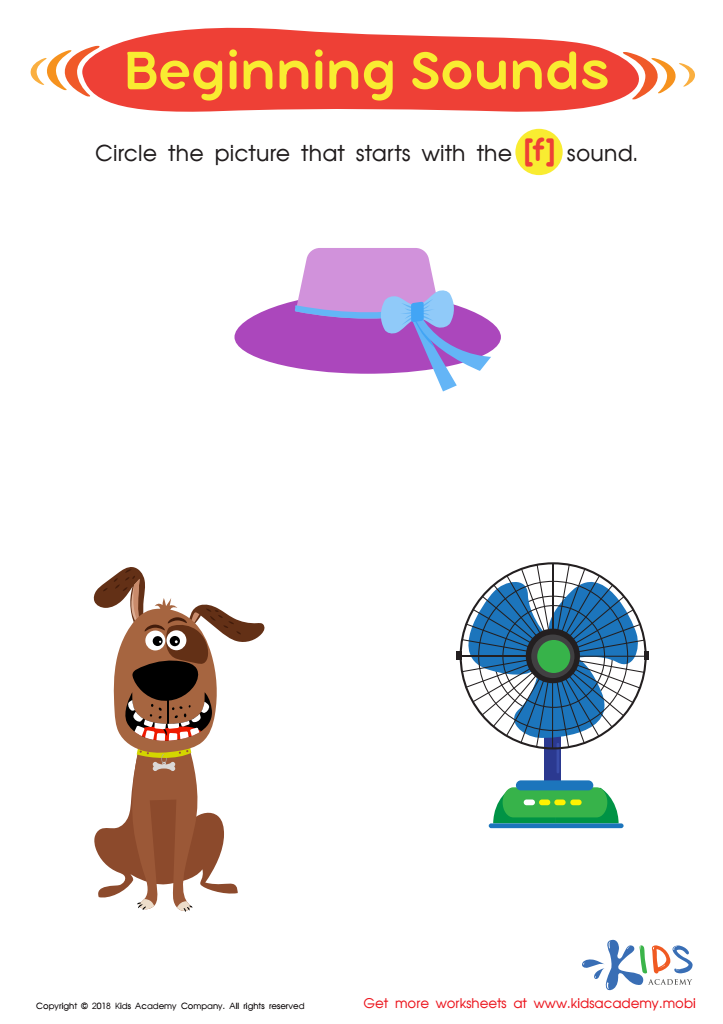

Beginning Sounds Assessment Printable
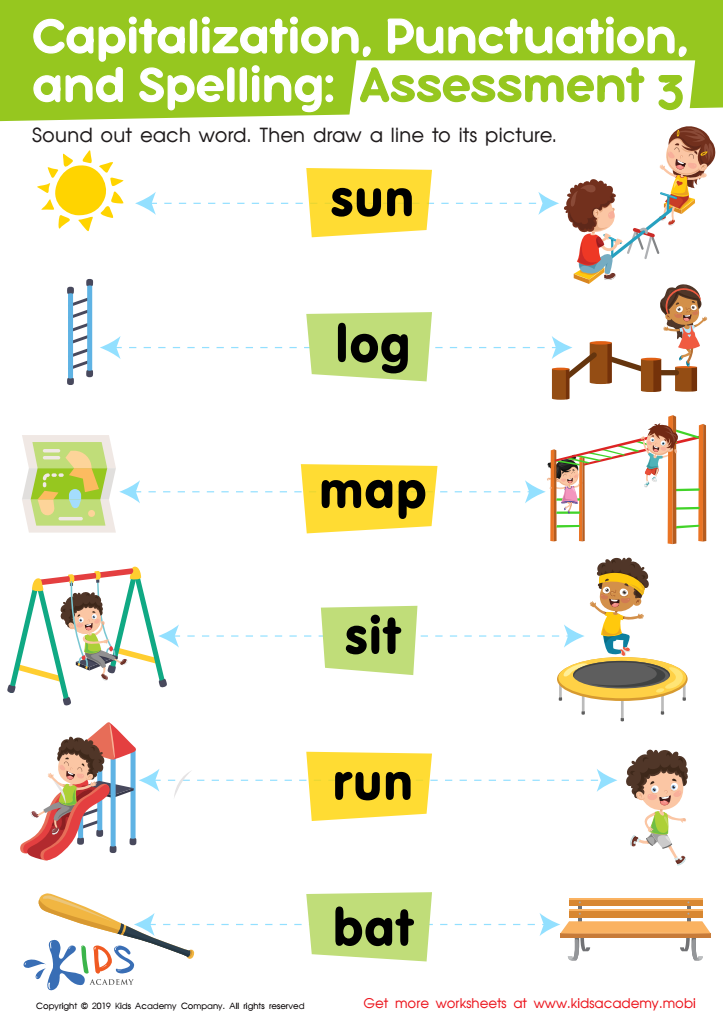

Capitalization. Punctuation. Spelling. Assessment 3 Worksheet
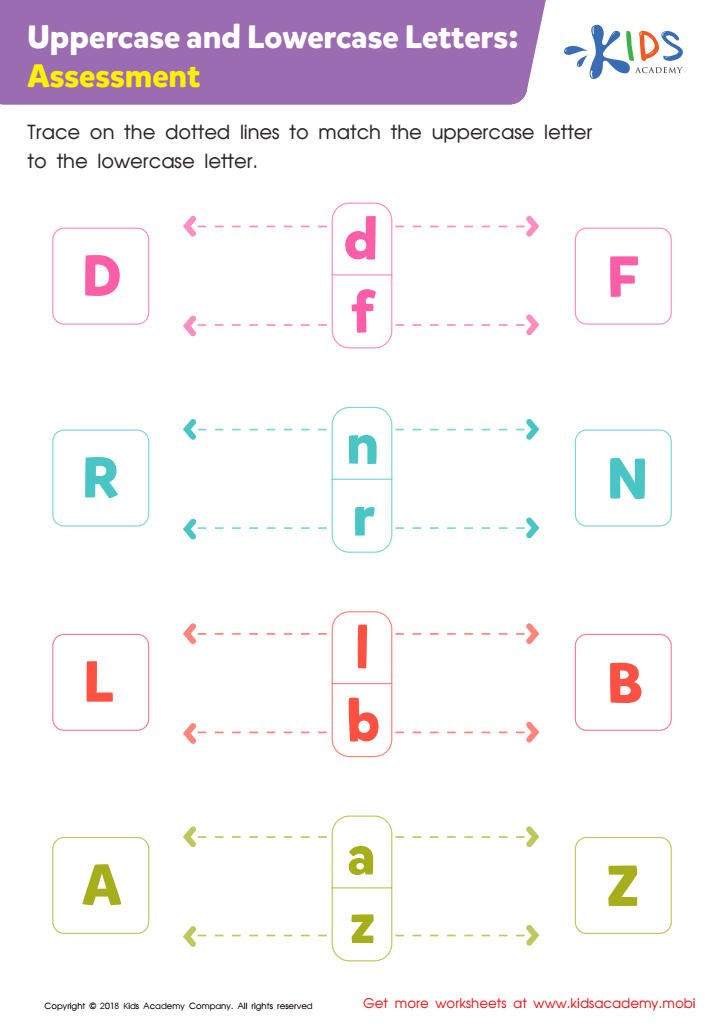

Uppercase and Lowercase Letters: Assessment Worksheet
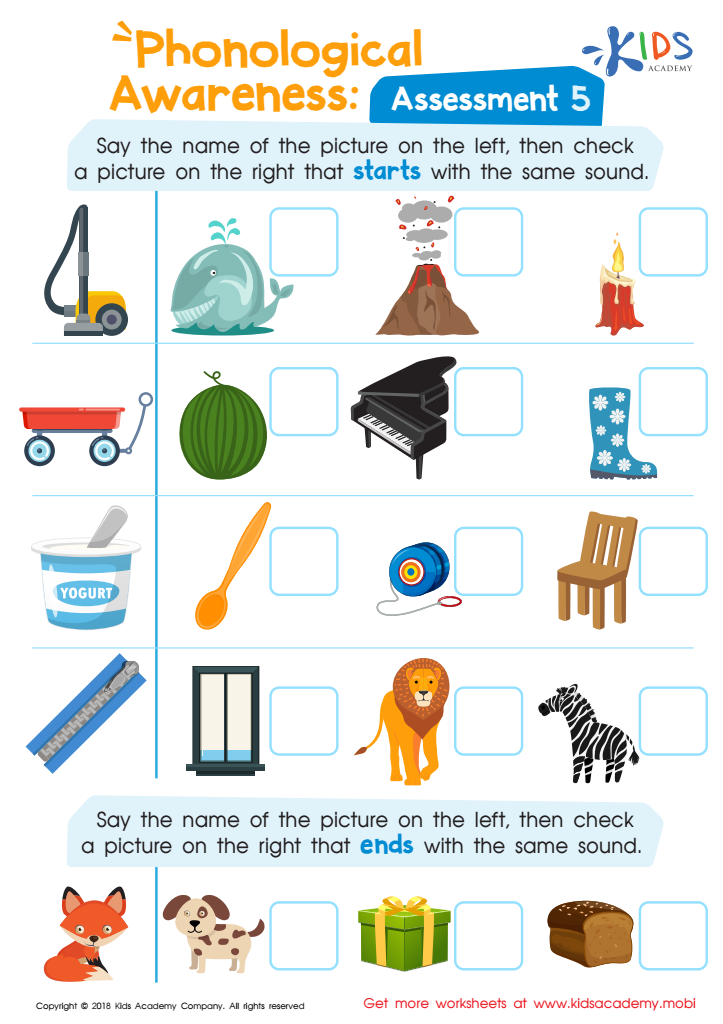

Phonological Awareness: Assessment 5 Worksheet


Phonics and Word Recognition: Assessment 1 Worksheet
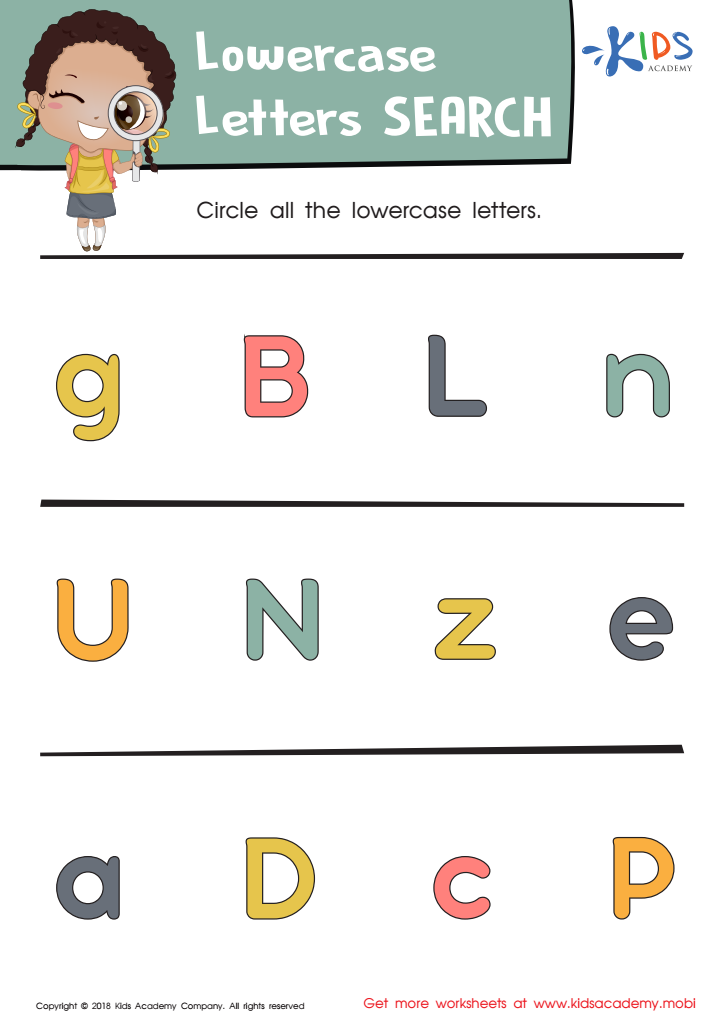

Lowercase Letters Search: Assessment Worksheet
Easy Alphabet activities for children aged 3-7 are crucial for fostering early literacy skills, cognitive development, and a love for learning. During these formative years, children are naturally curious and eager to explore their surroundings. Engaging them with interactive, playful alphabet activities helps develop their phonemic awareness, letter recognition, and fundamental language skills.
Parents and teachers should care because these activities can significantly impact a child's overall educational journey. Early exposure to the alphabet through fun games, songs, and hands-on projects can enhance vocabulary, improve reading comprehension, and boost confidence as children begin to communicate their thoughts effectively.
Moreover, Easy Alphabet activities promote essential cognitive skills such as memory, problem-solving, and critical thinking. They encourage collaborative learning, allowing children to share ideas and work together, which fosters social skills and emotional growth.
Ultimately, integrating these activities into a child’s daily routine not only prepares them for future academic success but also nurtures their innate curiosity and creativity. Supporting children through age-appropriate alphabet activities lays a robust foundation for lifelong learning, making parents and educators vital partners in their educational journey.
 Assign to My Students
Assign to My Students













